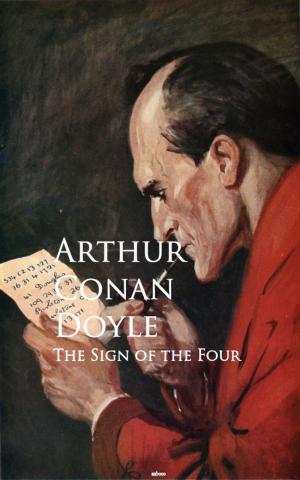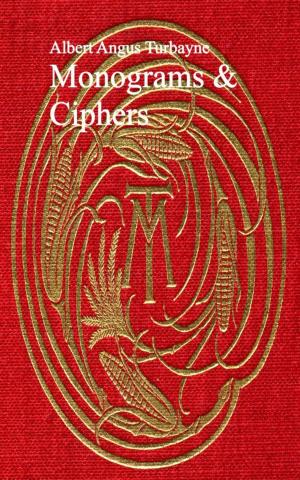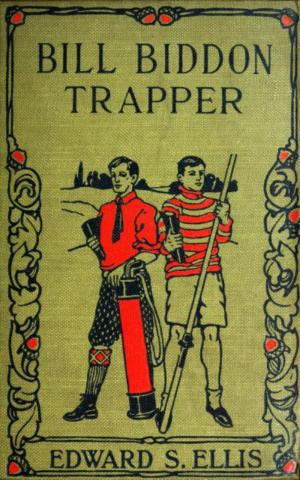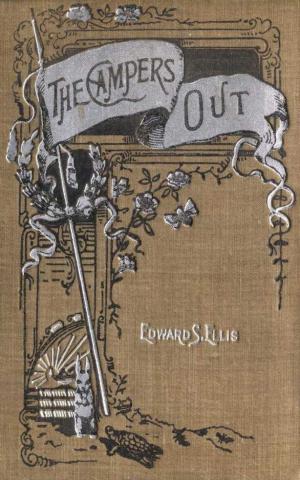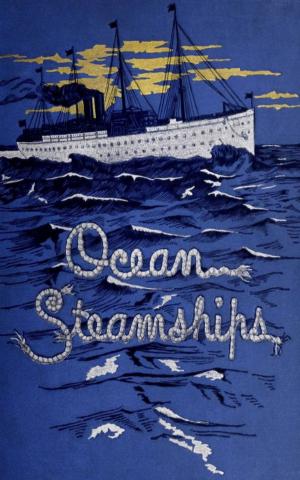| Author: | Aubrey Herbert | ISBN: | 9783736419537 |
| Publisher: | anboco | Publication: | June 18, 2017 |
| Imprint: | Language: | English |
| Author: | Aubrey Herbert |
| ISBN: | 9783736419537 |
| Publisher: | anboco |
| Publication: | June 18, 2017 |
| Imprint: | |
| Language: | English |
Journals, in the eyes of their author, usually require an introduction of some kind, which, often, may be conveniently forgotten. The reader is invited to turn to this one if, after persevering through the pages of the diary, he wishes to learn the reason of the abrupt changes and chances of war that befell the writer. They are explained by the fact that his eyesight did not allow him to pass the necessary medical tests. He was able, through some slight skill, to evade these obstacles in the first stage of the war; later, when England had settled down to routine, they defeated him, as far as the Western Front was concerned. He was fortunately compensated for this disadvantage by a certain knowledge of the East, that sent him in various capacities to different fronts, often at critical times. It was as an Interpreter that the writer went to France. After a brief imprisonment, it was as an Intelligence Officer that he went to Egypt, the Dardanelles and Mesopotamia. The first diary was dictated in hospital from memory and rough notes made on the Retreat from Mons. For the writing of the second diary, idle hours were provided in the Dardanelles between times of furious action. The third diary, which iv deals with the fall of Kut, was written on the Fly boats of the River Tigris. In a diary egotism is inevitable. Julius Cæsar cloaked it by using the third person and Lord French by preferring to blame others, rather than to praise himself, but these devices are no precedents for one who is not a generalissimo. There remains anonymity. True, it is a very thin covering for modesty, but, like a modern bathing-dress, it may serve its purpose. When dots occur in the journal, they have their usual significance. The author was thinking his private thoughts, or, perhaps, criticizing some high authority, or concealing what, for the moment, at any rate, is better not revealed. In the Retreat from Mons, only Christian or nicknames have generally been used.
Journals, in the eyes of their author, usually require an introduction of some kind, which, often, may be conveniently forgotten. The reader is invited to turn to this one if, after persevering through the pages of the diary, he wishes to learn the reason of the abrupt changes and chances of war that befell the writer. They are explained by the fact that his eyesight did not allow him to pass the necessary medical tests. He was able, through some slight skill, to evade these obstacles in the first stage of the war; later, when England had settled down to routine, they defeated him, as far as the Western Front was concerned. He was fortunately compensated for this disadvantage by a certain knowledge of the East, that sent him in various capacities to different fronts, often at critical times. It was as an Interpreter that the writer went to France. After a brief imprisonment, it was as an Intelligence Officer that he went to Egypt, the Dardanelles and Mesopotamia. The first diary was dictated in hospital from memory and rough notes made on the Retreat from Mons. For the writing of the second diary, idle hours were provided in the Dardanelles between times of furious action. The third diary, which iv deals with the fall of Kut, was written on the Fly boats of the River Tigris. In a diary egotism is inevitable. Julius Cæsar cloaked it by using the third person and Lord French by preferring to blame others, rather than to praise himself, but these devices are no precedents for one who is not a generalissimo. There remains anonymity. True, it is a very thin covering for modesty, but, like a modern bathing-dress, it may serve its purpose. When dots occur in the journal, they have their usual significance. The author was thinking his private thoughts, or, perhaps, criticizing some high authority, or concealing what, for the moment, at any rate, is better not revealed. In the Retreat from Mons, only Christian or nicknames have generally been used.






